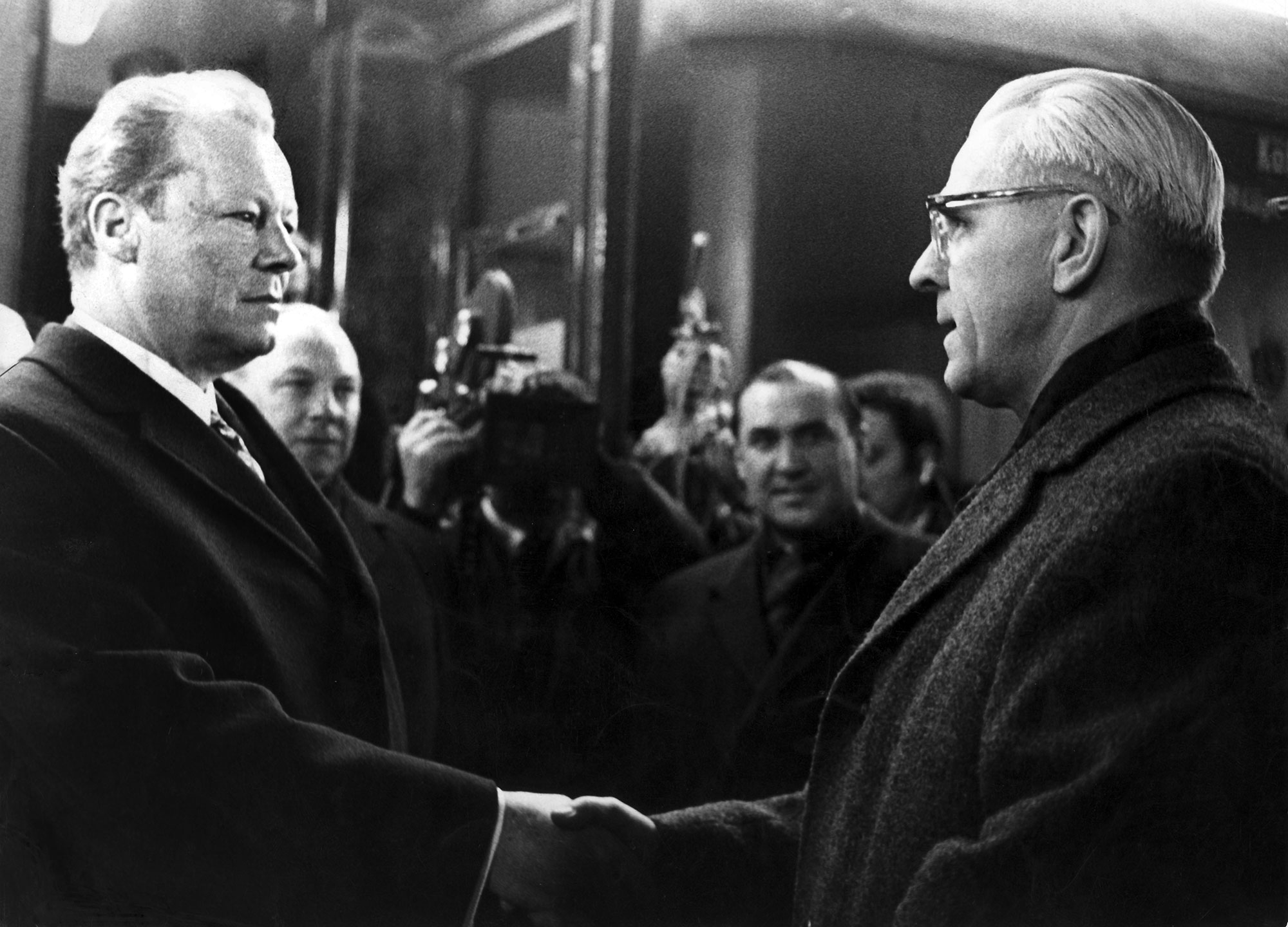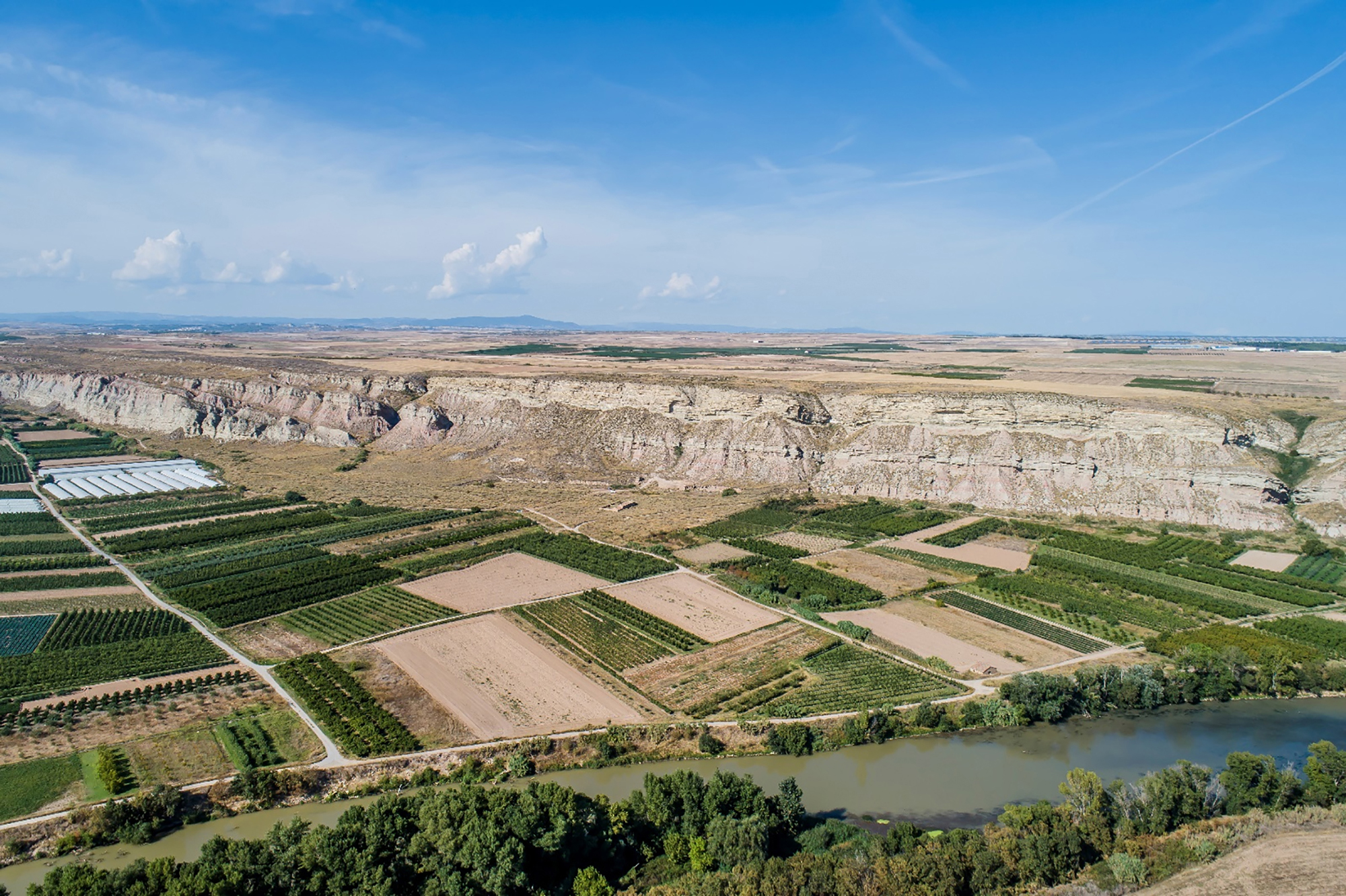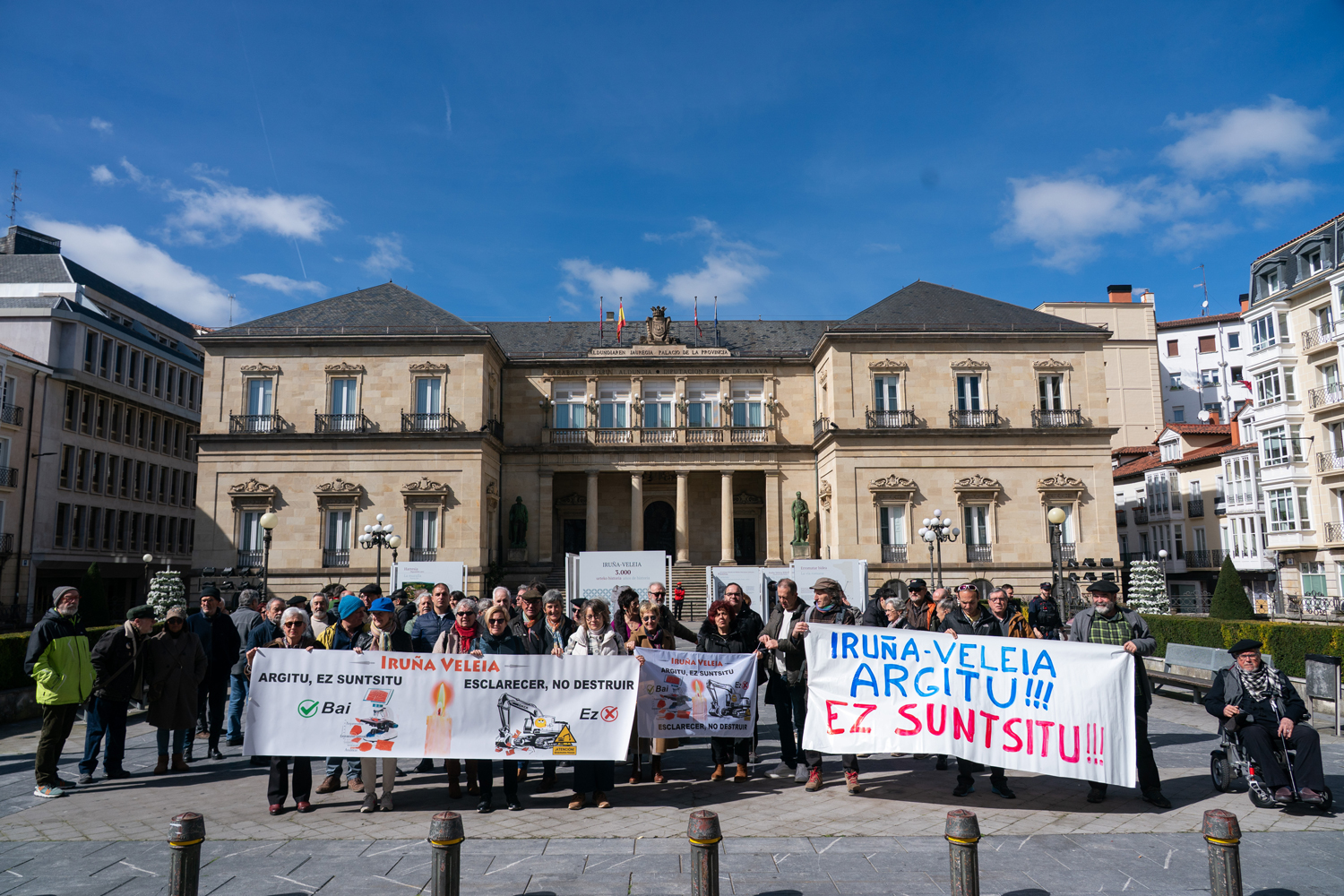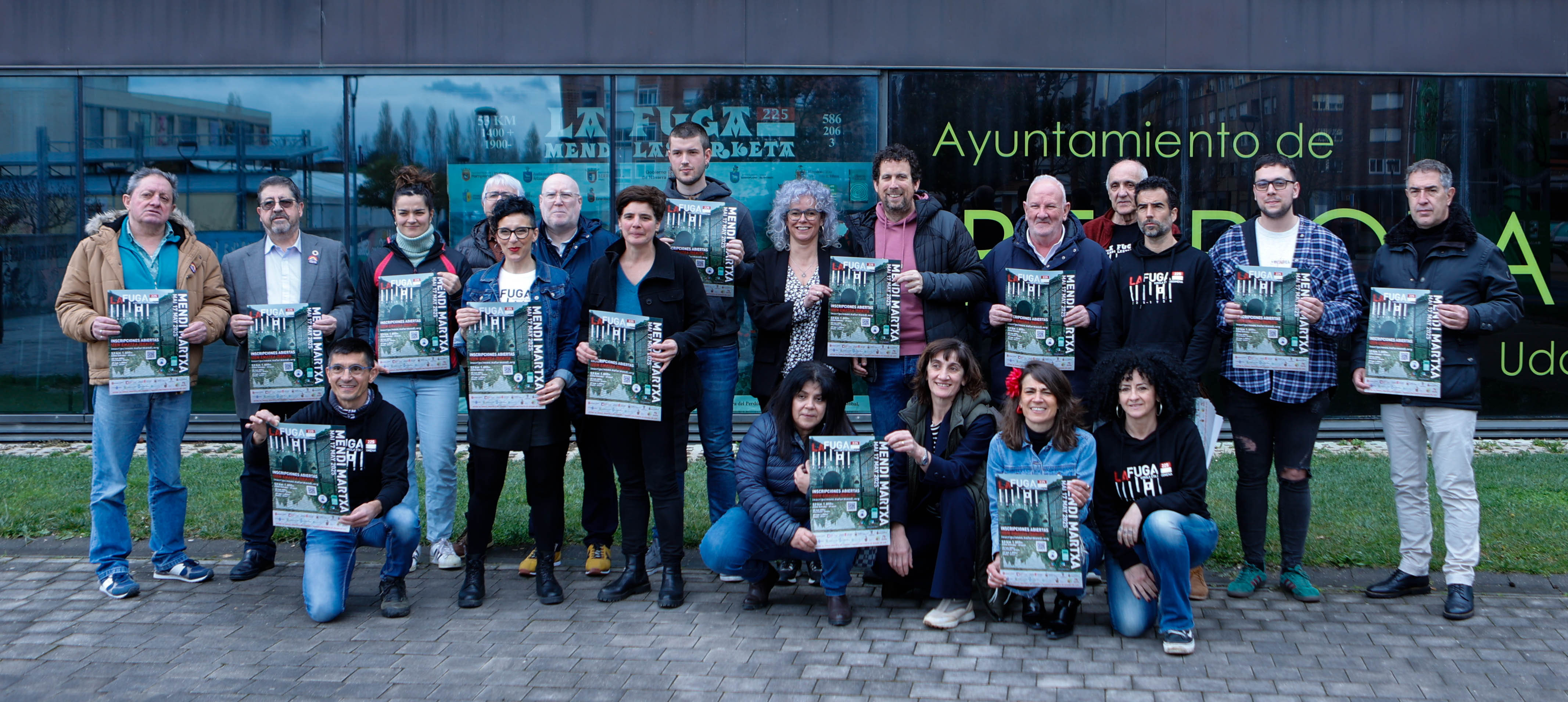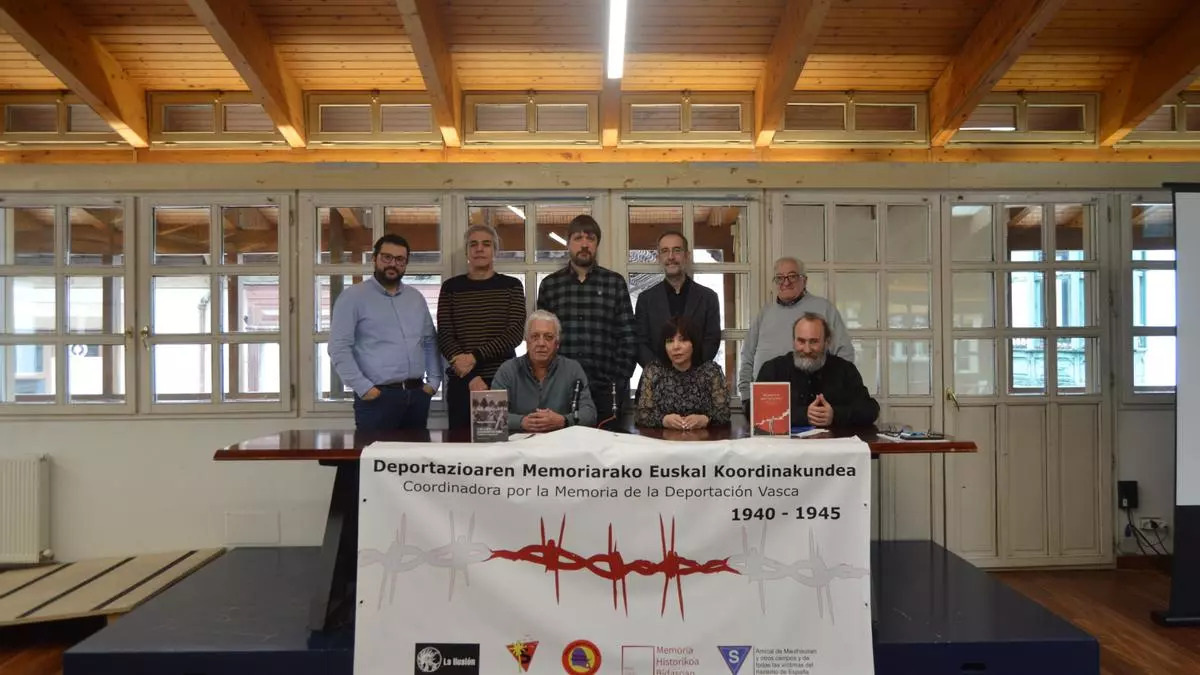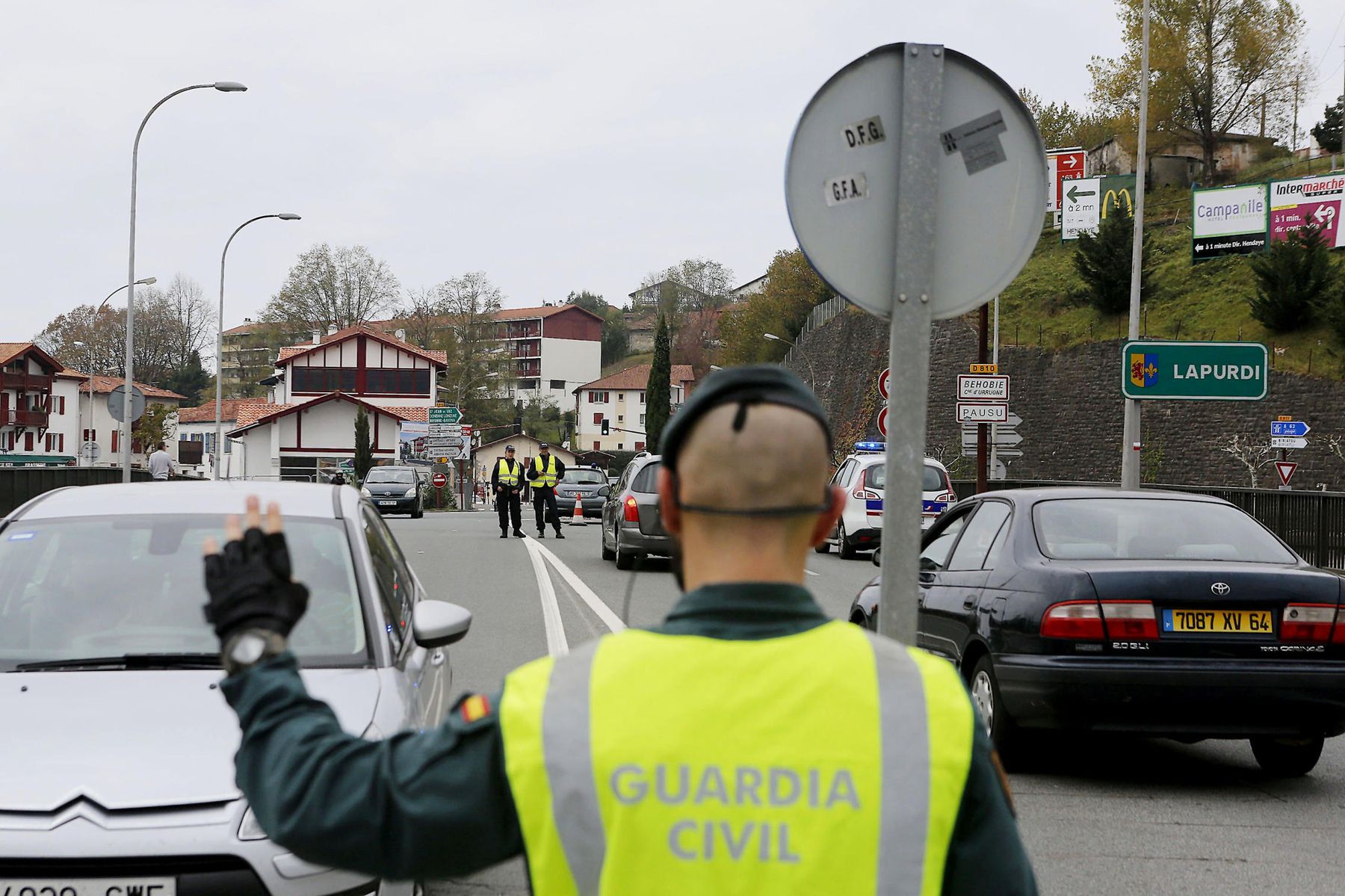Forgotten genocide

Genocide is unfortunately a fashionable word. According to Rafael Lemkin’s definition in 1946, genocide is defined as “actions aimed at the total or partial destruction of a national, ethnic, racial or religious group.” These actions may include “killing the members of the group, causing serious physical or mental harm, establishing living conditions in order to destroy the group, preventing births and bringing children violently out of the group.” Ethnic cleansing, that is, the violent expulsion of a human group from a territory, is also seen as a variant of genocide.
In the pro-Palestinian demonstrations, it is shouted “not war, but genocide”, but often synonymous with genocide and war. Genocide has occurred almost always in the context of war, as in exceptional war situations there is hatred, impunity, brutalization and dehumanization that genocide allows.
It has happened too often in contemporary history. Some are well known and others forget. As you know, the Nazis carried out a Holocaust against Jews, gypsies, leftists, homosexuals and mutilated people. At the same time, Croatian Ustaxis attacked the Serbs. In Rwanda in 1994, thousands of tudelas were killed by the hatred caused by the Belgian colonial power. In Indonesia, General Suharto massacred communists, leftists, Chinese and non-Muslims between 1965 and 1966. As a result of colonial policy, there are thousands of these in Africa, Asia and America. Some say that Franco did the Basque genocide, but this theory has little historiographic credibility.
This year, in addition to Gaza, difficult situations are occurring elsewhere. In Burma, for example, the Buddhist majority intends to expel through attacks a Muslim minority called Rohingya. In Karabakh Garaia, on the other hand, some 100,000 Armenians have had to leave the region since Azerbaijan joined in September 2023. The existing houses and buildings have matched the land and warn that the historical heritage of the Armenians could be endangered, such as the monasteries of Amaras and Dadivank, which originated in the V and IX centuries respectively.
This is not the first oppression of the Armenian poor. Turkey carried out an anti-Armenian genocide at the beginning of the twentieth century. Some estimates indicate that between 1915 and 1923, between 600,000 and 2 million deaths occurred. The fact is that Azerbaijan has close cultural and historical connections with Turkey. It therefore receives its economic and military support to conquer Upper Karabakh, and apparently also Israel (surprise!). Armenia was waiting for help from Russia, but they have left and the West looks elsewhere.
Why has this conflict not generated mobilisations such as those of the Palestinians? Probably the geostrategic importance of the territory, the attention of the media, the strength of solidarity networks, etc. It is true that the disaster is far greater in Palestine, at least in figures, but I fear that the West also tends towards selective solidarity.
Ereserkiek, kanta-modalitate zehatz, eder eta arriskutsu horiek, komunitate bati zuzentzea izan ohi dute helburu. “Ene aberri eta sasoiko lagunok”, hasten da Sarrionandiaren poema ezaguna. Ereserki bat da, jakina: horra nori zuzentzen zaion tonu solemnean, handitxo... [+]
Linear A is a Minoan script used 4,800-4,500 years ago. Recently, in the famous Knossos Palace in Crete, a special ivory object has been discovered, which was probably used as a ceremonial scepter. The object has two inscriptions; one on the handle is shorter and, like most of... [+]
Londres, 1944. Dorothy izeneko emakume bati argazkiak atera zizkioten Waterloo zubian soldatze lanak egiten ari zela. Dorothyri buruz izena beste daturik ez daukagu, baina duela hamar urte arte hori ere ez genekien. Argazki sorta 2015ean topatu zuen Christine Wall... [+]
Kirola eta oroimena uztartuko dituzte, bigarrenez, mendi-martxa baten bitartez. Ez da lehiakorra izanen, helburua beste bat delako. La Fuga izeneko mendi martxak 1938ko sarraskia gogorarazi nahi du. Ezkabako gotorlekuan hasi eta Urepelen amaituko da. Maiatzaren 17an eginen dute.
Bilbo, 1954. Hiriko Alfer eta Gaizkileen Auzitegia homosexualen aurka jazartzen hasi zen, erregimen frankistak izen bereko legea (Ley de Vagos y Maleantes, 1933) espresuki horretarako egokitu ondoren. Frankismoak homosexualen aurka egiten zuen lehenago ere, eta 1970ean legea... [+]
Fusilamenduak, elektrodoak eta poltsa, hobi komunak, kolpismoa, jazarpena, drogak, Galindo, umiliazioak, gerra zikina, Intxaurrondo, narkotrafikoa, estoldak, hizkuntza inposaketa, Altsasu, inpunitatea… Guardia Zibilaren lorratza iluna da Euskal Herrian, baita Espainiako... [+]
Deportazioaren Memoriarako Euskal Koordinakundeak aintzat hartu nahi ditu Hego Euskal Herrian jaio eta bizi ziren, eta 1940tik 1945era Bigarren Mundu Gerra zela eta deportazioa pairatu zuten herritarrak. Anton Gandarias Lekuona izango da haren lehendakaria, 1945ean naziek... [+]
Guardia Zibilaren historia bat - Hemendik alde egiteko arrazoiak izenburupean, datorren astean argitaratuko dugun 305. LARRUN aldizkariaren pasarte batzuk dira ondorengoak, erakunde armatuaren sorrera garaietan girotutakoak.
Iazko uztailean, ARGIAren 2.880. zenbakiko orrialdeotan genuen Bego Ariznabarreta Orbea. Bere aitaren gudaritzaz ari zen, eta 1936ko Gerra Zibilean lagun egindako Aking Chan, Xangai brigadista txinatarraz ere mintzatu zitzaigun. Oraindik orain, berriz, Gasteizen hartu ditu... [+]








